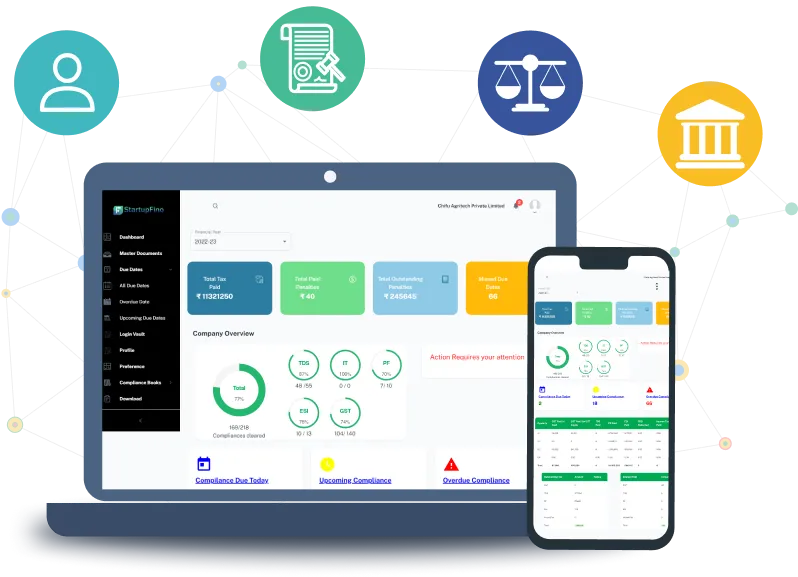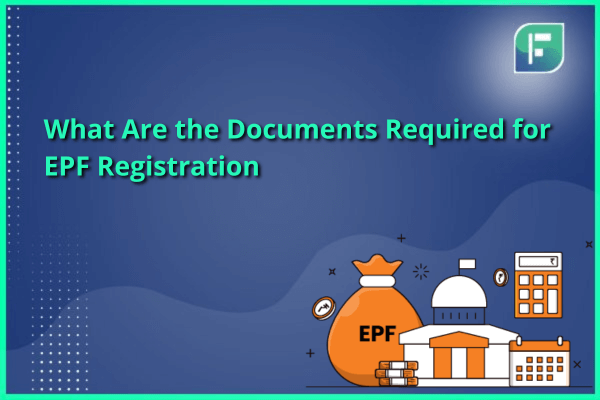Employee outsourcing services have become a widely adopted business strategy wherein companies delegate specific services or functions to external third-party entities. This practice includes a broad range of operations, including administrative services, human resources, marketing services, and more. The surge in remote work has prompted companies to engage in outsourcing, seeking the assistance of agencies or contract workers. The primary objective behind this strategic move is to expediently attain business goals with advantages and minimal losses.
Companies have the flexibility to outsource these services within their own country, to a neighbouring nation, or to a foreign country. The decision to outsource is driven by the primary goal of reducing workload, expediting task completion, and achieving profitability within a shorter timeframe. In certain instances, organisations opt for outsourcing to access professional expertise that may not be readily available within their in-house capabilities.
Regardless of the specific reasons for outsourcing, the practice is inherently advantageous for both parties involved. The outsourcing arrangement facilitates a symbiotic relationship where the client company benefits from specialised skills and efficiency, while the service provider gains business opportunities and revenue.
Understanding Importance of Employee Outsourcing Services
Employee outsourcing services refer to the practice of contracting employee services to third-party providers. This approach has gained popularity as companies seek to simplify their human resources functions, enhance flexibility, and reduce overhead costs.
This innovative solution aims to efficiently manage employee outsourcing for companies. Acting as a third-party service provider, this service specialises in recruiting, hiring, and training employees based on client specifications within a short timeframe.
By outsourcing employee services through this model, companies can redirect their focus toward critical tasks that contribute to revenue generation. This strategic shift allows organisations to optimise their operational efficiency and adapt to dynamic business environments.
Advantages of Employee Outsourcing Services
Outsourcing employees offers several advantages for businesses, contributing to enhanced efficiency and strategic focus. The key pros include:
1. Reduction in Operating Costs:
Outsourcing proves to be a cost-effective solution compared to hiring full-time employees. The financial benefits extend to savings in both time and money. Knowing the upfront costs and the services to be received allows for better budget planning. Considering diverse outsourcing locations, provides additional advantages like convenient geographical location and time zone alignment.
2. Focus on Critical Areas:
By outsourcing routine or less critical tasks, companies can redirect their attention to more important areas that demand strategic input. This approach ensures that valuable time, energy, and resources are allocated to tasks that significantly contribute to the overall success of the business.
3. Access to a Diverse Talent Pool:
Employee outsourcing opens doors to a broader and more specialised talent pool. Businesses can collaborate with experienced professionals who excel in their respective fields. This access to specialised talent might not be readily available in-house, allowing companies to use expertise and achieve their business goals more efficiently.
These advantages collectively make employee outsourcing an attractive strategy for businesses seeking to optimise their operations, reduce costs, and focus on core competencies.
Need for Employee Outsourcing Services
For companies aiming to expand and enhance their client base, employee outsourcing service becomes an important strategy. The need for this practice arises from the imperative to restructure operations and allocate resources effectively to achieve business growth. Major reasons supporting the need for employee outsourcing include:
1. Focus on Business Expansion:
As companies prioritise business expansion, the outsourcing of tasks that demand substantial time, money, and effort becomes essential. This strategic decision allows businesses to concentrate on core activities that contribute directly to their growth and client acquisition.
2. Retaining Top Talent:
Professional Employer Organisations play a vital role in retaining and managing top talent for outsourced work. This enables companies to free up time and resources that can be directed toward other essential tasks critical for business success.
3. Strategic Business Model:
Outsourcing is integral to running a successful business model. The diverse reasons for outsourcing are tailored to specific circumstances and challenges faced by companies. Common issues addressed include cost reduction, improved focus, reallocating internal resources for new purposes, and enhancing efficiency for time-consuming functions lacking in-house resources.
4. Cost Control and Reduction:
Companies use outsourcing to reduce and control operational costs, allowing for a more efficient allocation of financial resources. This approach aligns with the goal of achieving cost-effectiveness in various business functions.
5. Enhancing Efficiency for Resource-Intensive Functions:
Employee outsourcing serves as a solution to enhance efficiency, particularly for functions that are time-consuming and resource-intensive. By tapping into external expertise, companies can optimise their operations and overcome resource limitations.
6. Utilisation of External Resources:
Outsourcing enables companies to tap into external resources efficiently. This utilisation of specialised skills and knowledge contributes to achieving goals and completing tasks more quickly and effectively than relying solely on in-house capabilities.
Why Do Companies Outsource Their Workforce?
Companies opt to outsource their workforce for various reasons, driven by a combination of financial considerations and operational efficiency. The key motivations include:
1. Cost Savings and Increased Efficiency:
The primary motive for workforce outsourcing is to achieve cost savings and enhance work efficiency. Outsourcing allows companies to obtain better, more cost-effective, and faster results for specific tasks, enabling them to allocate resources more efficiently.
2. Focus on Core Competencies:
By outsourcing tedious and time-consuming tasks, companies can redirect their focus toward more critical and strategic activities. This strategic shift enhances their competitive advantage in the market by concentrating on core competencies.
3. Access to Specialised Skills:
In cases where in-house hiring for specialised skills is impractical or expensive, companies turn to outsourcing. External service providers often possess the expertise needed for specific tasks, contributing to improved overall performance.
4. Avoidance of Regulatory Burdens:
Companies may choose to outsource certain functions to third-party services to sidestep the complexities of handling regulatory requirements and obligations. Outsourcing provides a buffer, as third-party providers manage these aspects on behalf of the company.
5. Flexibility in Workforce Management:
Workforce outsourcing offers companies flexibility in managing their personnel. It allows for scalability, enabling businesses to adapt quickly to changes in workload and demands without the constraints of a fixed in-house workforce.
Comprehensive Services Covered under Employee Outsourcing Services
The outsourcing of employees includes a diverse range of services designed to simplify human resources functions and enhance operational efficiency. The key services offered as part of employee outsourcing services include:
1. Recruitment, Hiring, and Outplacement:
- Efficient processes for recruiting and hiring employees.
- Support in outplacement activities.
2. Joining Formalities and Background Checks:
- Completion of joining formalities for new hires.
- Conducting background checks and verifications.
3. Maintenance of Personal Files:
- Organised management of employee personal files.
4. Salary and Pay Package Processing:
- Handling the processing of salaries and pay packages.
5. Income Tax Management:
- Management of income tax-related matters for employees.
6. Medical Benefits/Insurance Management:
- Administration of medical benefits and insurance programs.
7. Qualification Handling:
- Management of various prerequisites associated with employment.
8. Terminal Benefits Management:
- Handling terminal benefits for employees exiting the organisation.
9. Performance Appraisal Result Coordination:
- Coordination of performance appraisal results.
10. Training Needs Analysis and Facilitation:
- Analysis of training needs and facilitation of relevant programs.
11. Subsidies and Employees Loan Processing:
- Processing subsidies and managing employee loan services.
12. Staff Surveys and Motivational Analysis:
- Conducting staff surveys and analysing motivational factors.
13. Compliance with EOBI, Social Security, and Workplace Regulations:
- Ensuring compliance with EOBI, social security, and other workplace regulations.
14. Statutory Legal Obligations:
- Indemnifying the organisation from all statutory legal obligations.
Why Choose StartupFino for Employee Outsourcing Services?
StartupFino is a company that specialises in offering complete Employee Outsourcing services. We can help you with everything from providing advice in the initial phase to ensuring that you meet all the necessary requirements and compliances for your relevant industry.
While the specific reasons for employee outsourcing may vary among different companies, the main goal remains consistent, which is to achieve business objectives efficiently and expediently through strategic resource allocation and tapping into external expertise.







